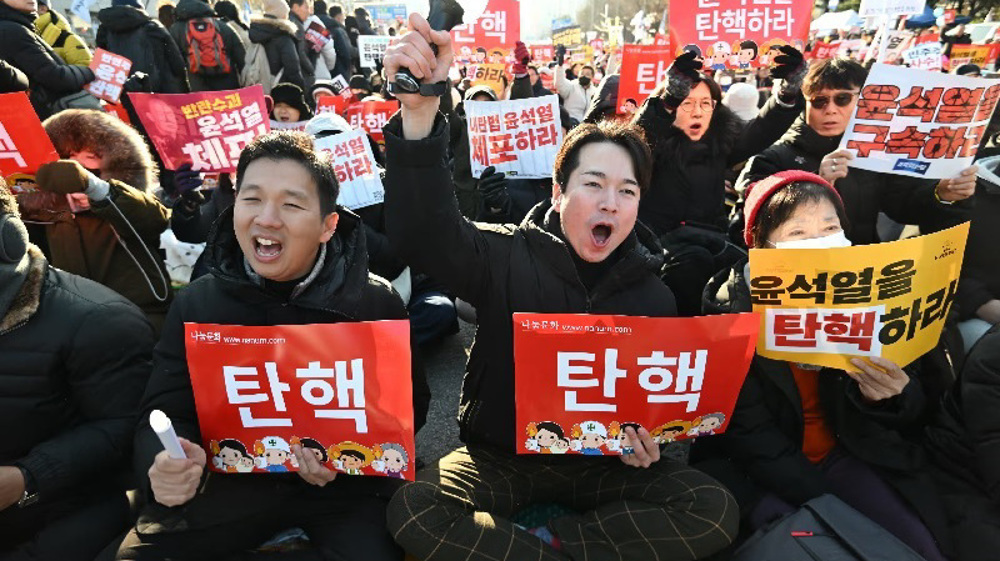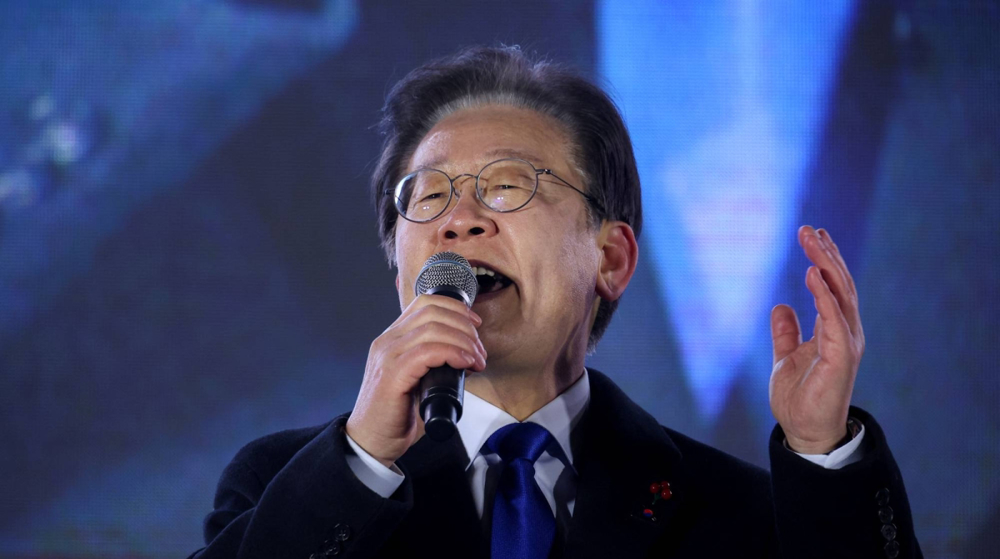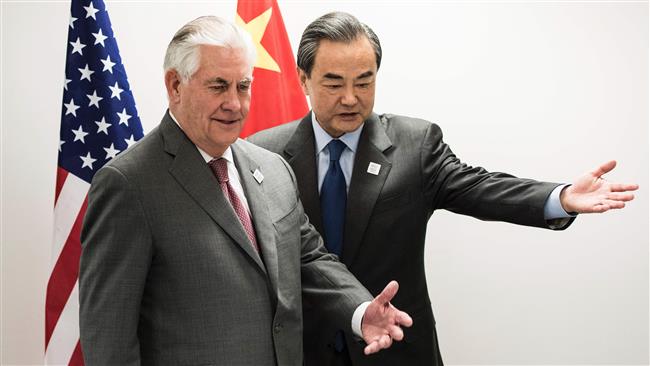China coal ban not to seriously affect North Korea: Official
China's recent imposition of a ban on coal imports from North Korea has yet to be fully felt in Pyongyang, says an official in North Korea, playing down the impact of the measure that Beijing adopted in line with international sanctions on the country.
Ri Sun-chol, the chief of the economic research institute of North Korea's Academy of Social Sciences, said on Tuesday that economic sanctions, including China’s suspension of coal imports from North Korea for the rest of the year, would not seriously impact the country’s economy.
"Of course if we can no longer export things that we used to export, it can have some impact on the companies that are directly involved in exports," Ri said, adding, "Direct exports of natural resources have been under great restrictions. So I can't say that it would have substantial impact on the economy."
The official said Pyongyang had taken steps to "minimize the effect of sanctions" and added that North Korea was "building an independent national economy."

China imposed the cap on coal exports from North Korea at the weekend after Pyongyang launched another long-range missile in defiance of international bans. The Chinese measure was also influenced by the assassination of North Korea leader's half brother in Malaysia last week, which many say was carried out at Pyongyang’s orders.
North Korea has suffered six rounds of United Nations Security Council sanctions over atomic tests and missile launches since 2006. However, the ban on coal export, a crucial foreign currency-earner for Pyongyang, seems to go much further.
Many had criticized China, the North's sole major ally and by far its largest trading partner, for not doing enough to contain the unpredictable country. Beijing has for long denied that it has huge influence on Pyongyang while it fears that instability in its next door could cause huge chaos and lead to increased influence for the United States.
Beijing imported more than 22 million tons of coal worth nearly $1.2 billion from North Korea. Many also suspect the way China is going to implement the ban as a previous three-week suspension in December saw Beijing buy more than two million tons of coal worth $168 million that month.
VIDEO | Pakistani Christians mark Christmas in solidarity with Palestine
VIDEO | Plight of Gaza cancer patients
Dozen people killed in armed clashes in Syria’s Tartus
VIDEO | Yemen’s hypersonic missiles continue targeting Israel
VIDEO | Intl. event marks Yalda Night, Christmas, Birth Anniv. of Lady Fatima (PBUH)
Russia urges IAEA to uphold impartiality in monitoring Iran's nuclear facilities
VIDEO | Sana’a university students slam US-Israeli aggression against Gaza, Yemen
Yemeni drone operation targets Israeli industrial zone













 This makes it easy to access the Press TV website
This makes it easy to access the Press TV website